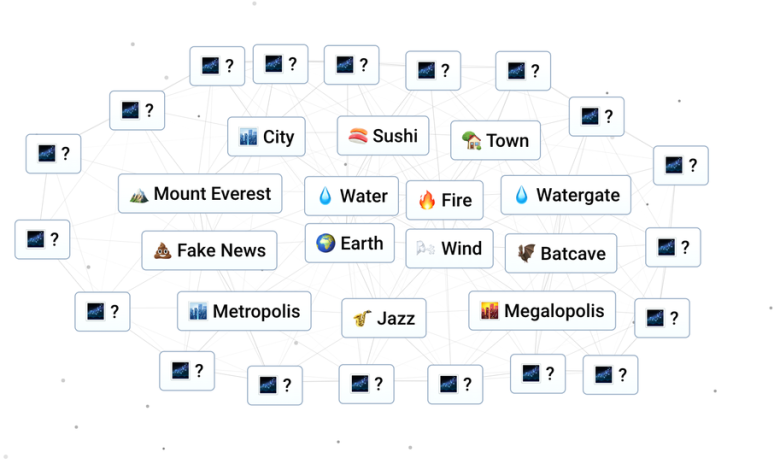Playing Infinite Craft Is Like Peering Into an A.I.’s Brain

Fuse “Water” and “Water” to get a “Lake.” Add “Fire” to “Mountain” to create “Volcano.” Combine “Titanic” and “Poison Ivy” to form something called “Poisonous Titanic.”
In the browser-based video game Infinite Craft, players merge blocks of text to discover the entire universe from scratch, with results that are all governed by artificial intelligence. Playing is like peering into an A.I.’s brain, a role-play of what life would look like if regulated by a large language model.
Many of Infinite Craft’s recipes make practical sense, but the A.I. also comes up with wild results: Players have uncovered “Bubble Butt Wizard,” “Farming Simulator 2013: Furry Shades of Grey” and an open-mic comedy night at a brewery in Toronto.
“Making a game with A.I. is at a weird place,” said Neal Agarwal, Infinite Craft’s solo developer. “It has moments of brilliance but also sometimes it’s like talking to a 5-year-old.”
The video game industry is among those reckoning with the power of impressively fast and realistic A.I. generators. Many designers and players have expressed concern that artificial intelligence will replace artists and spawn a slurry of cheap and lackluster products. Studios are looking for ways to manage rising costs, with Blizzard Entertainment training a proprietary image generator on visual assets from World of Warcraft and Overwatch.
Infinite Craft is the rare game using buzzy A.I. tools that does not feel like it is leveraging the technology as a cheat code. Agarwal said he thought A.I. was best deployed for games meant to unfurl infinitely, and not as a way to replace people doing genuine artistic work.
